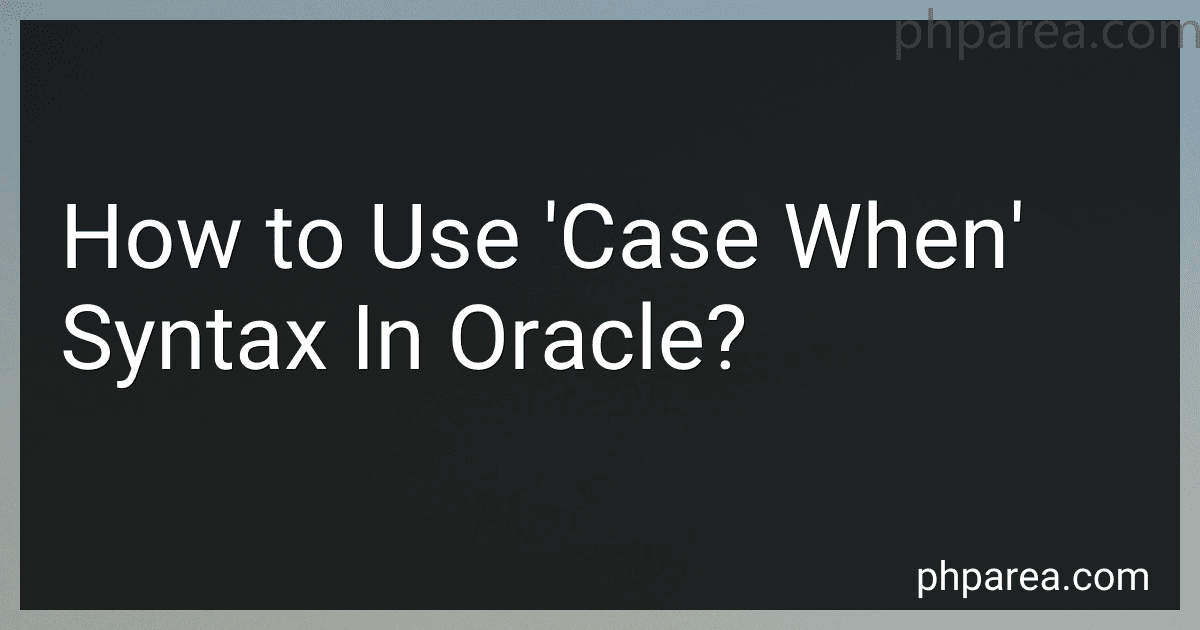Best Database Books to Buy in February 2026
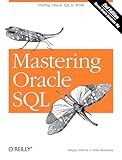
Mastering Oracle SQL, 2nd Edition
- QUALITY ASSURANCE: CAREFULLY INSPECTED FOR MINIMAL WEAR AND TEAR.
- AFFORDABLE PRICES: GREAT DEALS ON GENTLY USED TITLES YOU LOVE.
- ECO-FRIENDLY CHOICE: SUPPORT RECYCLING AND SUSTAINABILITY WITH EACH PURCHASE.


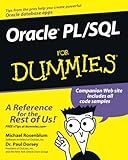
Oracle PL / SQL For Dummies
- AFFORDABLE PRICES: SAVE MONEY WHILE GETTING QUALITY READS!
- QUALITY ASSURANCE: CAREFULLY CHECKED FOR GOOD CONDITION EVERY TIME.
- ECO-FRIENDLY CHOICE: PROMOTE SUSTAINABILITY BY CHOOSING USED BOOKS!


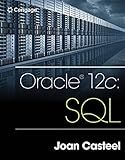
Oracle 12c: SQL


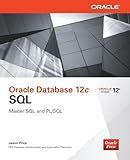
Oracle Database 12c SQL
- AFFORDABLE PRICES ON QUALITY USED BOOKS FOR SAVVY SHOPPERS.
- EXTENSIVE SELECTION MEANS FINDING RARE AND POPULAR TITLES EASILY.
- ENVIRONMENTALLY FRIENDLY CHOICE: REDUCE WASTE WITH REUSED BOOKS!


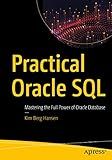
Practical Oracle SQL: Mastering the Full Power of Oracle Database


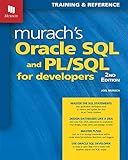
Murach's Oracle SQL and PL/SQL for Developers


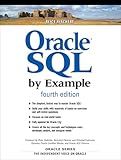
Oracle SQL By Example


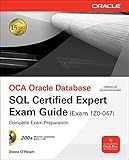
OCE Oracle Database SQL Certified Expert Exam Guide (Exam 1Z0-047) (Oracle Press)
- SAME-DAY DISPATCH FOR ORDERS BEFORE 12 NOON-SHOP FAST!
- MINT CONDITION ASSURANCE FOR PRODUCT QUALITY YOU CAN TRUST.
- HASSLE-FREE RETURNS GUARANTEE FOR YOUR PEACE OF MIND.


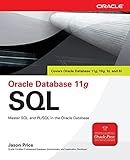
Oracle Database 11g SQL (Oracle Press)


In Oracle, the CASE WHEN syntax allows you to perform conditional logic within your SQL queries. You can use this syntax to create if-then-else logic and handle different scenarios based on certain conditions.
The basic structure of the CASE WHEN syntax is as follows: CASE WHEN condition1 THEN result1 WHEN condition2 THEN result2 ... ELSE default_result END
You can have multiple WHEN conditions within a single CASE statement, each with its own result if the condition is true. The ELSE clause is optional and specifies the default result if none of the previous conditions are met.
You can also use the search form of the CASE WHEN syntax, which does not specify specific conditions but instead checks for a value that matches any of the specified values.
Overall, the CASE WHEN syntax is a powerful tool in Oracle SQL that allows you to handle complex conditional logic within your queries.
What is the syntax for using ‘case when’ with date and time functions in Oracle?
The syntax for using 'case when' with date and time functions in Oracle is as follows:
SELECT column_name, CASE WHEN TO_CHAR(date_column, 'YYYY-MM-DD') = '2022-01-01' THEN 'New Year' WHEN TO_CHAR(date_column, 'YYYY-MM-DD') = '2022-12-25' THEN 'Christmas' ELSE 'Other' END AS holiday FROM table_name;
In this example, the 'CASE' statement checks the value of the date column 'date_column' using the 'TO_CHAR' function to extract the date portion and compare it with specific dates. If the condition is met, it returns the corresponding holiday name, otherwise it returns 'Other'.
What is the default behavior of a ‘case when’ statement in Oracle if no conditions are met?
If no conditions are met in a 'case when' statement in Oracle, the default behavior is to return NULL.
What is the result of using ‘case when’ without an else clause in Oracle?
When using a case when statement in Oracle without an else clause, the result will be null if none of the conditions match. This means that if none of the conditions specified in the case when statement are true, the overall result will be null.
How to use ‘case when’ with multiple conditions in Oracle?
To use 'case when' with multiple conditions in Oracle, you can structure the query as follows:
SELECT CASE WHEN condition1 THEN result1 WHEN condition2 THEN result2 ... ELSE result END AS alias FROM your_table;
Here is an example with multiple conditions:
SELECT CASE WHEN age < 18 THEN 'Child' WHEN age BETWEEN 18 AND 65 THEN 'Adult' ELSE 'Senior' END AS age_group FROM employees;
In this example, the 'CASE WHEN' statement evaluates the age of each employee and assigns them to different age groups based on the conditions provided. The result of the 'CASE WHEN' statement is stored in a column named 'age_group' in the query result.
You can have multiple conditions and corresponding results in a single 'CASE WHEN' statement. Just make sure to provide the conditions in the correct sequence and to include an 'ELSE' clause to handle records that do not meet any of the specified conditions.
How to use ‘case when’ to conditionally update multiple columns in a single statement in Oracle?
You can use the CASE WHEN statement in an UPDATE statement in Oracle to conditionally update multiple columns based on specific conditions. Here is an example of how you can achieve this:
UPDATE your_table SET column1 = CASE WHEN condition1 THEN value1 WHEN condition2 THEN value2 ELSE column1 END, column2 = CASE WHEN condition1 THEN value3 WHEN condition2 THEN value4 ELSE column2 END WHERE your_condition;
In this example, your_table is the name of the table you want to update, and column1 and column2 are the columns you want to update conditionally. You can specify multiple conditions and corresponding values for each column within the CASE statements. The ELSE statement specifies the default value if none of the conditions are met.
Make sure to replace condition1, condition2, value1, value2, value3, value4, and your_condition with your specific conditions and values.
